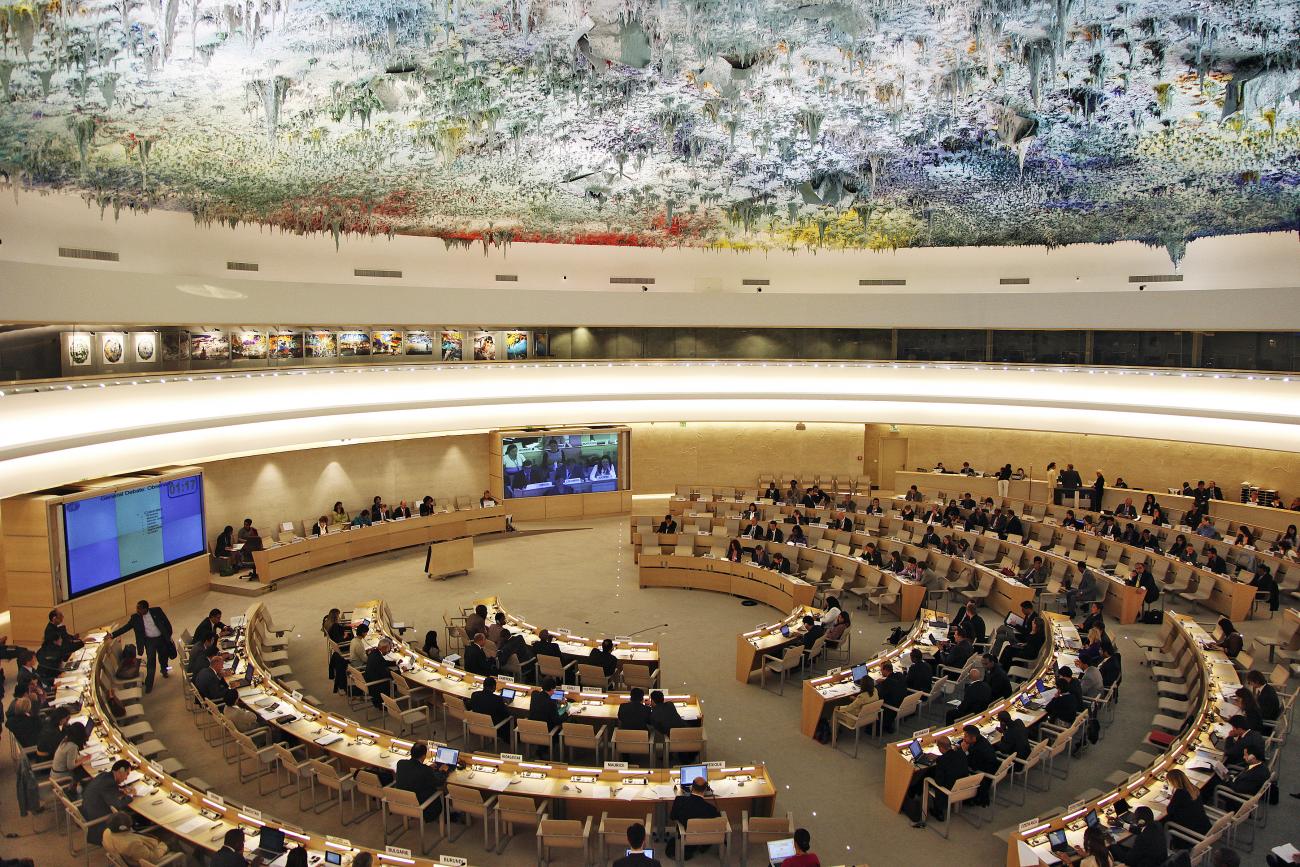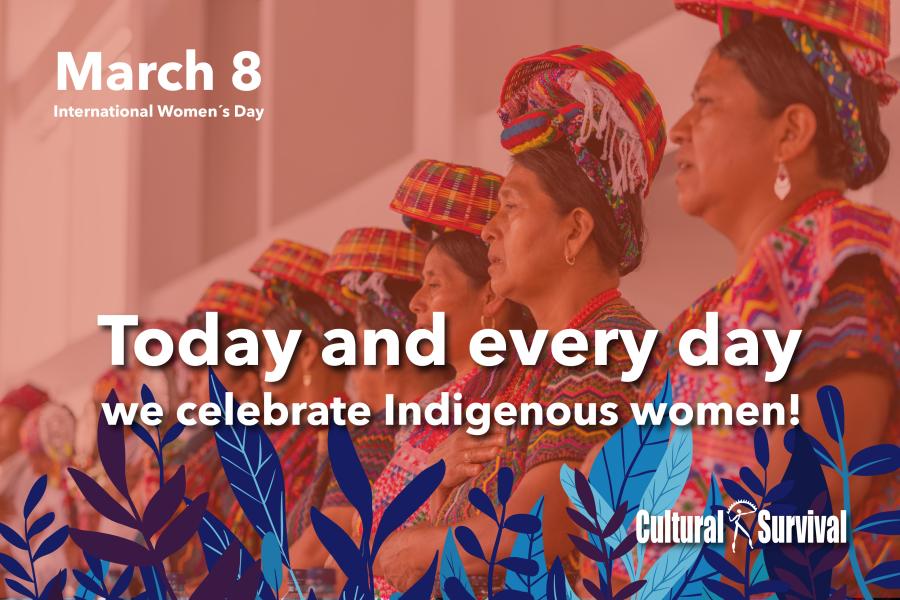
On January 19 – 30, 2015, the 21st session of the Universal Periodic Review (UPR) took place and included the review of Kenya, Lao People’s Democratic Republic, and Guyana by the UN Human Rights Council. Several areas related to Indigenous Peoples were addressed.
The Universal Periodic Review (UPR) was created through the General Assembly on 15 March 2006 by resolution 60/251, which also established the Human Rights Council. The Universal Periodic Review is a charter-based mechanism, which reviews States on their Human Rights records. Being charter-based, it is obligatory for every member of the United Nations (meaning those who have ratified the UN charter) to be reviewed by the Universal Periodic Review. This makes it a truly unique human rights mechanism in contrast to the treaty-based human rights mechanisms whose covenants and conventions are not mandatory to ratify. The Universal Periodic Review meets three times a year, reviewing fourteen States per review, for a total of 42 countries reviewed per year. The first UPR cycle took place between 2008-2012; the second cycle is currently being held and is projected to be finished in 2016. The initial order was determined by the drawing of lots before the UPR commenced its reviews in 2008, and the order shall remain the same for all subsequent cycles.
The UPR uses several core human rights documents as their basis for state review. These include the UN Charter, Declaration for Human Rights, human rights instruments that the State is party to such as human rights treaties, and voluntary commitments or pledges that the State in question has made. Applicable international humanitarian law can also be used.
Review of Kenya:
The Kenyan delegation stated that its “constitution had provided several avenues for the protection and strengthening of Indigenous peoples’ personal and collective rights. Indigenous communities’ issues were addressed within the purview of vulnerable and marginalized groups.”
Cape Verde recommended that further protection of the rights of Indigenous Peoples, particularly rights regarding ancestral lands was necessary. The Holy See stated a similar opinion to that of Cape Verde but added Kenya should continue to implement legislation on anti-discrimination laws. Senegal added a recommendation in the same vein, stating that the rights of Indigenous peoples and minorities should continue being upheld.
Review of the Lao People’s Democratic Republic:
Estonia recommended that the government acknowledge the right of Indigenous Peoples to be involved in decision making by fully engaging the Indigenous communities in all matters that may affect them.
Review of Guyana:
The delegation of “Guyana noted the Low Carbon Development Strategy and the Guyana-Norway partnership indicating that under this partnership, Guyana was targeted to earn up to US$250 Million for its forest climate services. The funds earned were being used for the implementation of projects and initiatives identified in Guyana’s Low Carbon Development Strategy, a significant portion of which had gone to interventions that focused on the Indigenous population.”
Guyana’s delegation also “indicated that much had been accomplished with regard to the recommendations on poverty reduction and equal access to education, water, health, housing and food security for the poor and vulnerable, including Indigenous peoples. The delegation highlighted, among others: the poverty reduction program and pro-poor pro-growth developmental approach; continuous investments in the social sector which now received 34.5% of the annual budget; and the enactment of National Minimum Wage in 2013.”
Nicaragua noted the efforts that the Guyanese government had made to combat discrimination against vulnerable groups such as Indigenous Persons and recommended that more women participate in public administration and reform the legislation on domestic violence.
Norway added that more efforts should be put to prevent excessive force from the Guyanese Police and Defense Forces against Indigenous Peoples and other vulnerable groups.
Estonia noted its disappointment that mining projects could go forward without the explicit consent of Indigenous populations.
Guyana chose to only accept the recommendations of Estonia to include Indigenous Populations in any decisions that may affect them and Sweden’s recommendation to develop a National Action Plan.



